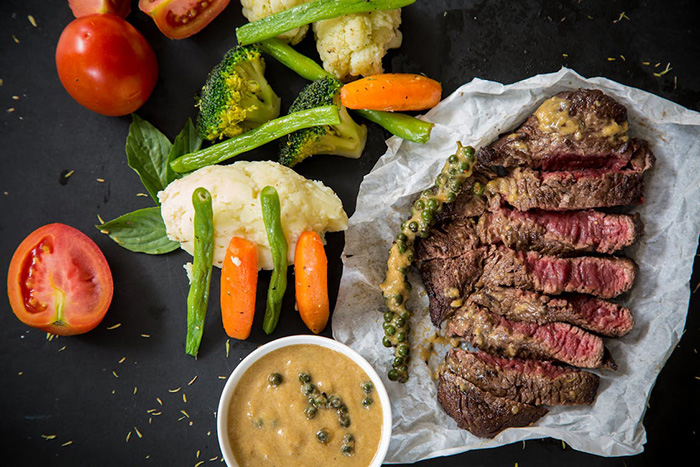On Wednesday, April 24, 2024 from 5:30pm-6:30pm, we are hosting a FREE Shoulder Pain Workshop [ Online
] - Click here for more info
February 17, 2023

Protein serves as the major building blocks of cells; specifically important in building bones, muscles, cartilage, and skin. Proteins have several key functions:
Protein is broken down into categories labeled as “complete” or “incomplete”. A complete protein contains all the essential amino acids (building blocks) that we need. Incomplete only contains some. For our body to get the functioning we need from protein, we need to ensure our diets have all the building blocks necessary.
Protein is typically associated with animals (meat, poultry, eggs). Animal proteins contain the essential building blocks needed in sufficient amounts but the quality of the protein is important. Animal protein that has been pumped full of antibiotics can have a negative impact on our own gut microbiome (that’s a whole different topic for another day!). These negative impacts can affect our weight management, hormone regulation, immune system, and so much more.
In an ideal world, you should try to purchase animal meat from pasture-raised animals who have lived all (or most) of their lives on grass. They are grazing on grass and not genetically modified corn and soy feed (which results in animals fattening up quicker and thus more profit, but is not a cow or pig’s natural diet). Choosing quality results in healthier, leaner, and more nutrient-dense meat.
We are fortunate that many local farmers sell quality animal meat direct to our communities and at farmers markets to find quality animal meats. Some grocers carry this type of meat. For those in areas where these are not options, there are some decent online delivery options.
There are also a variety of plants that serve as a great source of protein. While plants also contain the essential building blocks, most have a limited number of at least one essential building block. If you are choosing to consume a plant-based diet alone, the key is to eat a variety of plant proteins so that you can still get enough of all these essential building blocks.
Great examples of plant-based proteins include beans, lentils, peas, grains, nuts, and seeds. Soybeans are considered a complete source of protein. This makes tofu, tempeh, and edamame great choices. Vegetables also contain protein, although some more than others, such as broccoli, spinach, asparagus, artichokes, potatoes, sweet potatoes, and Brussels sprouts.
How much protein one needs is based on a variety of factors including your gender, physical activity, diet, and overall health. Research is not settled on a standard amount and recommendations range from .36 x body weight to up to .75 x body weight for females and 1.0 x body weight for males. This number gives you the total number of grams you should consider taking in of protein.
When it comes to injury and surgery, quality protein is especially helpful in speeding recovery, so that further can adjust recommendations for quantity.
Finally, you should consider when you eat your protein. Our body can only absorb so much at one time. Instead of eating a heavy protein meal all at once, you may consider spacing it out across your day and meals/snacks for optimal absorption.
Talking to a professional about your health, activity, and goals, is best to help determine how much protein you should be consuming and what type of protein is best for you.